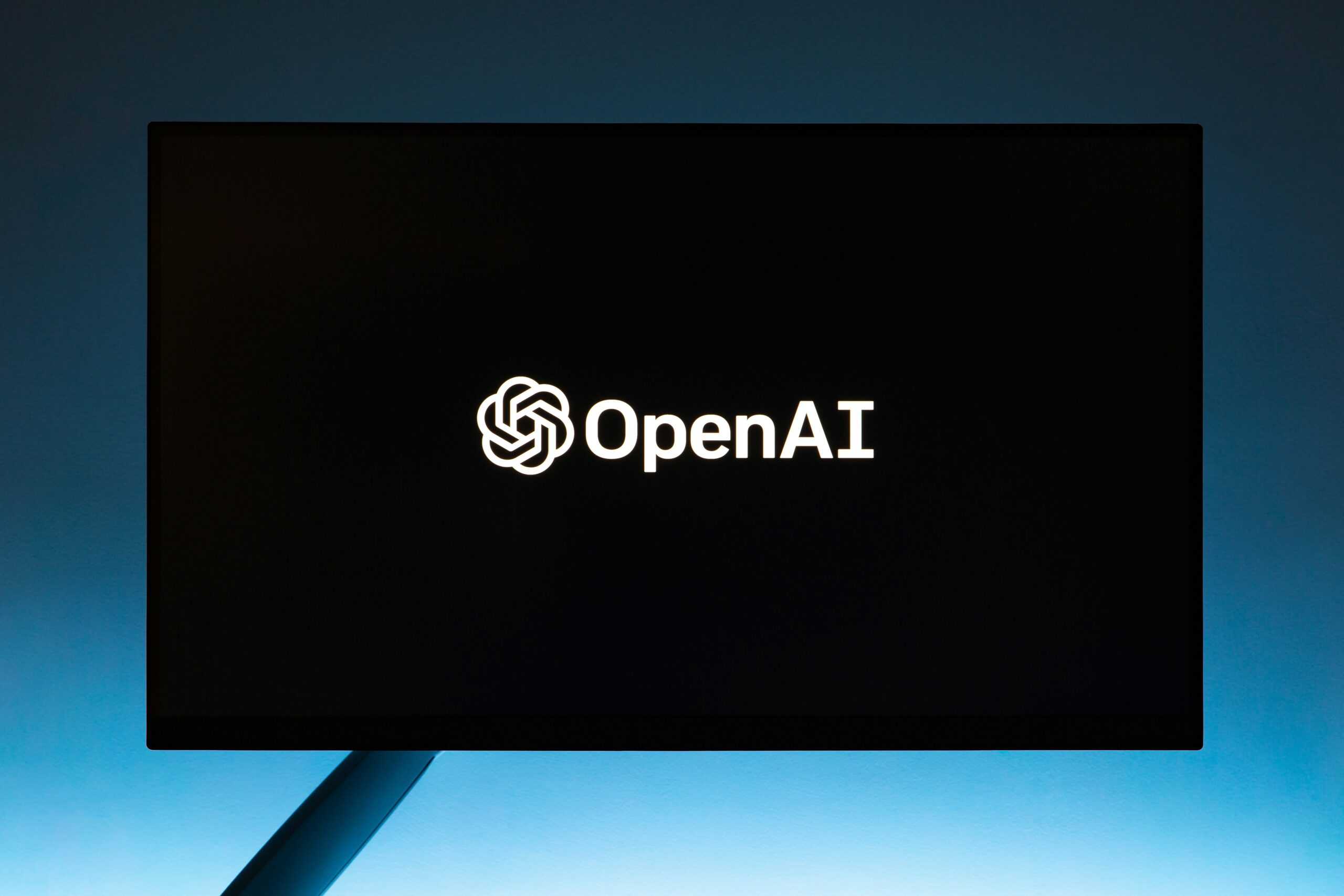
Photo by Andrew Neel on Unsplash
OpenAI’s Search Engine SearchGPT Promises Real-time Conversation
July 26, 2024
“Fast and timely answers” is the promise of OpenAI’s new search engine. Currently in testing, the engine, simply called SearchGPT, uses a conversation-style interface to help users quickly find relevant information.
When users enter a question, SearchGPT will scour the internet and promptly return with categorized results that include descriptions and images alongside links that reveal the search engine’s source. Just like talking to a real person, users can ask additional questions to improve and refine the results, “with the shared context building with each query,” according to OpenAI. This runs counter to Google’s search results, which is essentially a list of links based on the user’s initial question.
The “temporary prototype” is only open to about 10,000 users at the moment. Yet, the company plans to complete a full rollout and integrate it directly into ChatGPT after gathering information and initial feedback.
To better understand how creators and publishers will be affected, several large media companies, like The Atlantic and News Corp., have signed licensing deals with OpenAI. By participating, these companies and OpenAI will get an inside look at how their content ranks and how users engage with it. OpenAI notes that publishers and creators will have more control over how their content appears by working with the company.
While SearchGPT is promising, it still has some improvements to make. Users on social media platform X have noted inaccuracies when searching for a local event. In a demo video posted on SearchGPT site, the company asked for “music festivals in Boone, North Carolina in August.” Of the five returned festival results, only one was actually a festival in Boone, and it ends on July 27. The other results included a festival two hours away from Boone and another that ended in June.
OpenAI’s introduction of SearchGPT comes at a time when these platforms are being scrutinized. Reportedly, OpenAI and AI startup Anthropic got into hot water by ignoring protocols designed to prevent web crawlers from harvesting website data. However, according to OpenAI, publishers and creators will have the option to opt out of generative AI training for SearchGPT, but promising sites’ content will still appear in the search results nonetheless.
Recent News
Delta Seeks Outage Damages From Microsoft, CrowdStrike
The airline plans to sue both Microsoft and CrowdStrike for damages.
Sprouts Shares Positive Q2 Financial Results
Sprouts Farmers Market, Inc. reported robust second-quarter results ending on June 30, 2024.
Johnnie Walker Maker, Diageo, Posts Largest Sales Drop Since the Pandemic
As inflation and high interest rates force many to find ways to cut spending, it appears alcohol is also losing its buzz.
IKEA Focuses on Sleepeasy With New Pop-Up Event
IKEA U.S. is making new strides in the furniture retail market by launching The IKEA Sleepeasy, an immersive pop-up event that will take place in New York in August.
